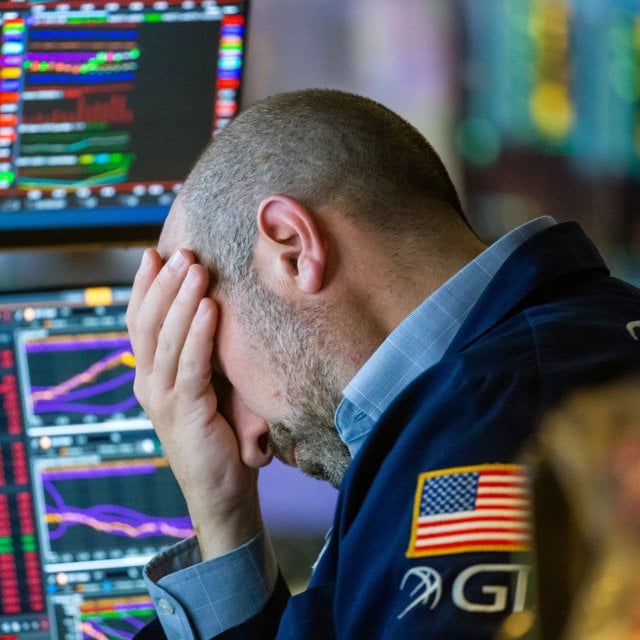NYSE Says Certain Trades to Be Canceled After Glitch at Open

What You Need to Know
The chaos erupted just after the opening bell and affected some 250 stock symbols.
The exchange said transactions in a swath of stocks will be reviewed as “clearly erroneous” under NYSE rules.
The freakish action bore hallmarks of past episodes in which computer malfunctions led to sudden price distortions.
The New York Stock Exchange said some trades will be declared “null and void” after a glitch caused hundreds of securities to commence trading on Tuesday without an opening auction price.
The exchange said transactions in a swath of stocks will be reviewed as “clearly erroneous” under NYSE rules. That applies to trades in certain securities that did not conduct an opening auction, that occurred after the 9:30 a.m. bell but before certain thresholds were set that normally limit haywire swings, and that were executed too far from the reference price.
In an updated statement on its website several hours after the debacle rattled Wall Street, the exchange identified more than 250 stock symbols that were affected. It also noted when it received key thresholds — known as limit-up, limit down bands — and the price range above or below which executions “will be busted.”
The NYSE didn’t elaborate on what prompted what it called a “system issue” as the session began, nor did it say how much it may ultimately cost.
The glitch set off wild swings and trading halts, causing dozens of the biggest U.S. companies to plunge or spike — in some cases veering 25 percentage points between a high and low in a matter of minutes. Banks, retailers and industrial companies were among those affected, including Wells Fargo & Co., McDonald’s Corp., Walmart Inc. and Morgan Stanley.
Yet the amount of stock traded at away-from-market prices was just a tiny fraction of the usual volume in stocks that normally see millions of shares change hands each day.
In companies like McDonald’s and Verizon Communications Inc., a few thousand shares went off at prices well above or below the last trade. Others like Nike Inc. and Exxon Mobil Corp. saw millions of dollars of stock move, data compiled by Bloomberg show.
The freakish action bore hallmarks of past episodes in which computer malfunctions led to sudden price distortions. A U.S. Securities and Exchange Commission spokesperson said the agency is looking into the matter.
Shares of Intercontinental Exchange Inc., which owns the New York Stock Exchange, fell nearly 2.2% to $106.25 at 4 p.m. in New York.
‘Optically Wild’
The chaos erupted just after the opening bell.
R.J. Grant, who oversees trading at KBW and handles Morgan Stanley’s shares, saw eight alerts pop up simultaneously, notifying him that the price had tumbled more than 10% within minutes. His firm didn’t have any big orders on the stocks affected, but it was inundated with calls from clients, analysts and sales employees trying to figure out what went awry.
“It was optically wild and very evident that something was wrong,” Grant said. “If those stocks would have opened up at that price and kept trading, it would have been a mad dash for people to try and buy things that were down dramatically.”
The distortions ripped through trading of Morgan Stanley, which closed Monday at $97.13 and then fell as low as $84.93 on Tuesday, before making up lost ground. Wells Fargo similarly plunged to $38.10, down from $45.03 on Monday, before bouncing back.
Walmart and McDonald’s were up and then down as much as 12% before reverting to more normal trading ranges. By late in the session, the broad stock indexes were little changed.
Transactions occurred in NYSE-listed securities and took place on other platforms, including ones overseen by Nasdaq Inc., CBOE Global Markets and private venues reporting to the Finra trade reporting facility.
‘Clearly Erroneous’
The start of trading in most American stocks involves a complicated but usually routine process called the opening auction, designed to limit volatility resulting from orders for shares that pile up before the start of the regular session.




